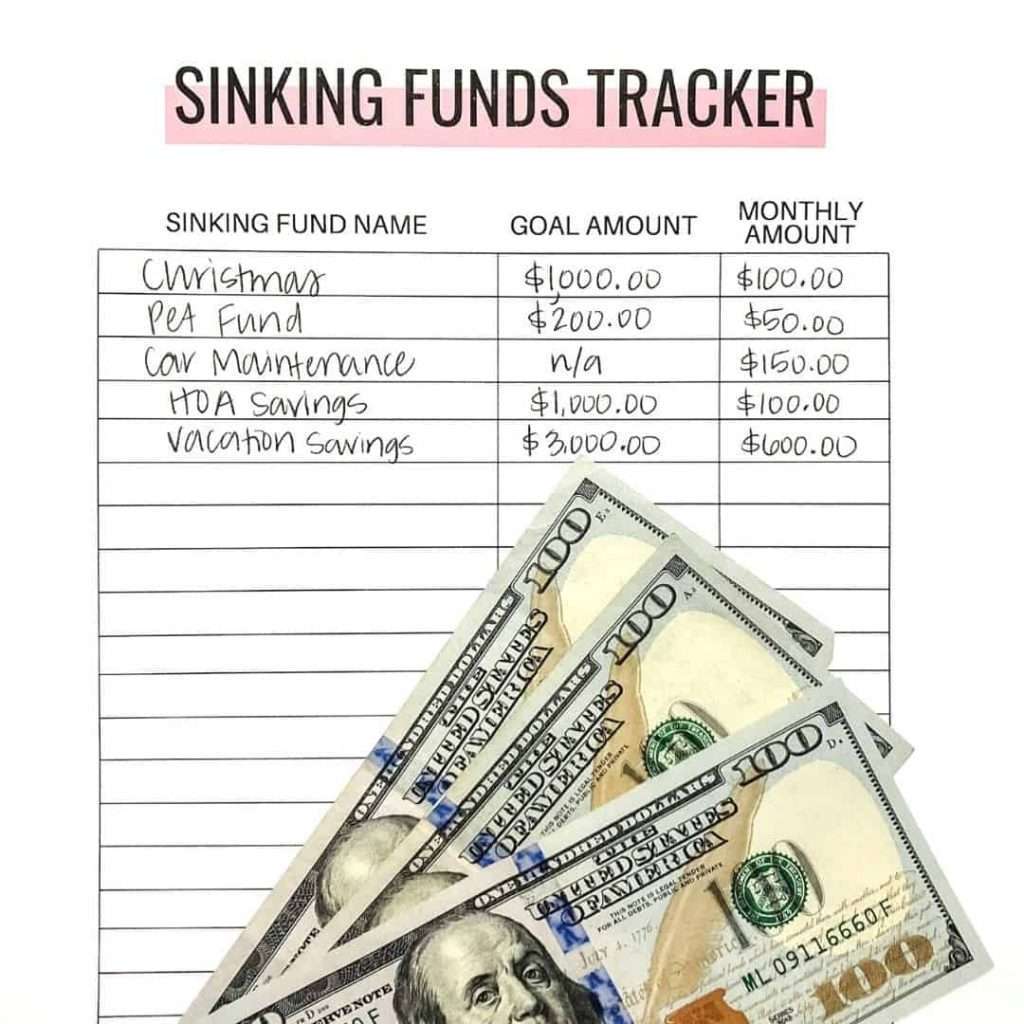Life happens no matter how much we plan for it, and it can wreak havoc on our finances. Even if you have the best financial plans, life can get in the way, and you may wonder how to get back on track. Is everything lost if you’ve gotten off track, stopped saving, or are forced to use every dollar you earn to pay your bills? Are you ready to take control of your finances? Fortunately, we can say that the answer is “no, all is not yet lost”. We all feel this way sometimes. There are many ways to get back on track, even if you feel lost. Here are ten valuable tips to get back on track when you feel lost. The most important thing to remember is that financial difficulties are temporary and that with a few changes, you can get back on track again.
Create A Notebook Of Habits
If you’re the type of person, who starts a habit and breaks it after a few days or weeks, use a habit tracker to make it easier to stick to it. You can even set rewards for specific milestones. For example, if you stick to your budget for two weeks in a row, reward yourself (with a small bonus, not something that causes you to lose money). If you notice in your habit diary that you can’t stick to your budget or that you abandon your “good” habits after several attempts, find out why. Is there something specific in your life that prevents you from following the habits you want? Take an honest look at your life and find out what’s holding you back and what you can do to avoid it.
Reflect On Your Mistakes

Have you ever heard that mistakes are learning opportunities? It’s true. A mistake can be seen as a total failure or as an experience that you can learn from. Look at it and decide what you could have done better. What could you have changed? Use your mistakes as a springboard to improve your life (and finances) and not let them hold you back. While this won’t help you get back on track right away, it will help you grow as a person and make smarter decisions in the future if life catches up with you again.
Check Your Budget To Get Started
Sometimes a budget that seems good can be wrong. If you can’t control your finances, it’s probably because you’ve set the wrong budget. Even if you follow a pattern or do what your best friend does, it doesn’t mean it’s right for you. Take an honest look at your spending. Pull out your bank and credit card statements, see where you’re going over budget and find out why. Has your budget been too restrictive? Do you need to reallocate the amount you’ve allocated to each category? You may need to cut back on some expenses. It could be small things like shopping for groceries or limiting what you eat; finding the proper budgeting method is one way to get back on track when you feel lost in your finances. Make a list of your priority expenses and decide how to cut back.
Stick To Your Schedule

Everyone needs a schedule to maintain good habits. Your plan will help you make good decisions instead of trying to make reckless ones. Make a schedule for paying bills, reviewing your budget and putting money into savings or investment accounts. The better planned your schedule is, the more likely you are to stick to it. It’s harder to say, “I’m not going to put money away for savings today,” if you’re looking at a calendar. The guilt will overwhelm you, and you’ll realize that you want to stick to your good financial habits because they are planned.